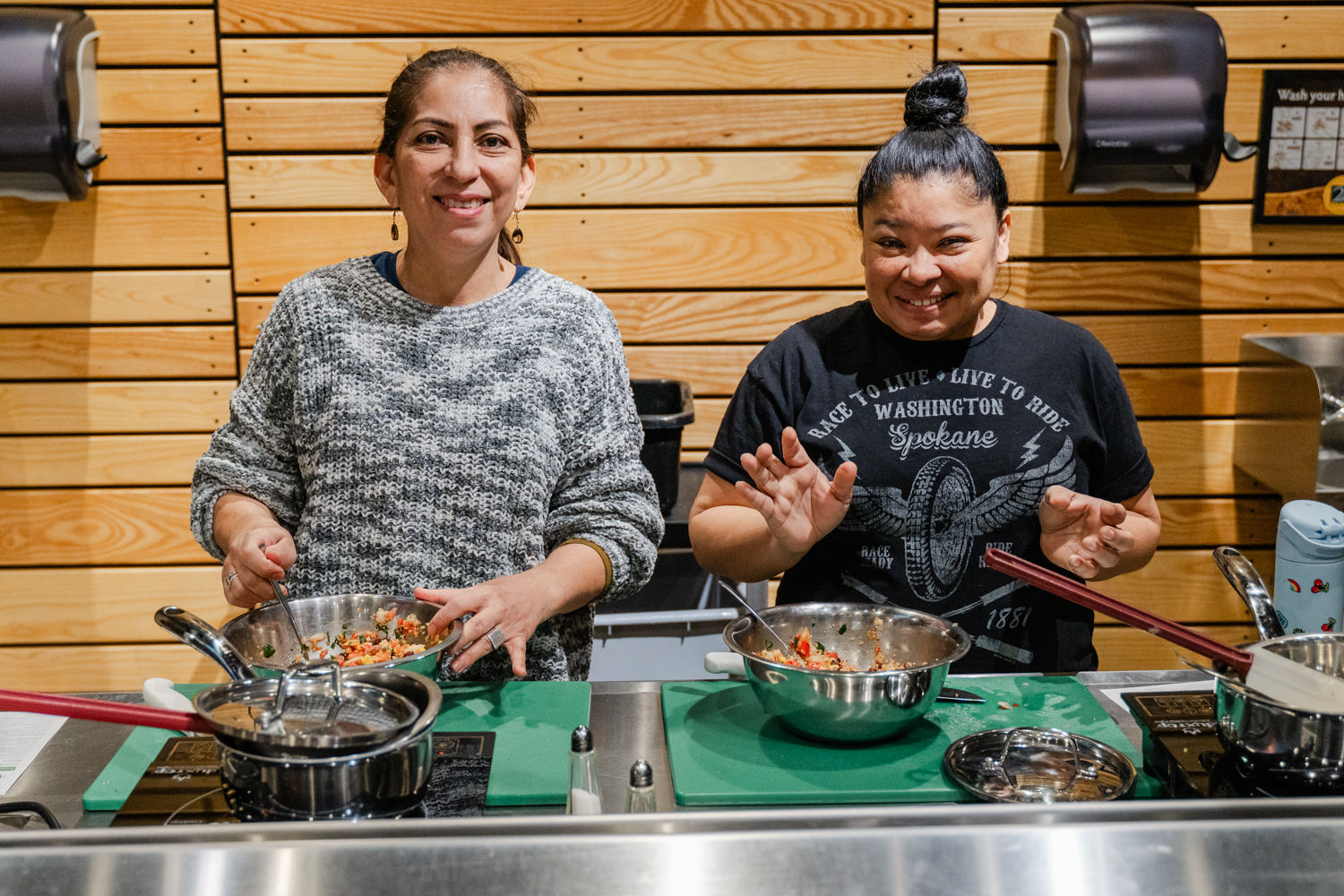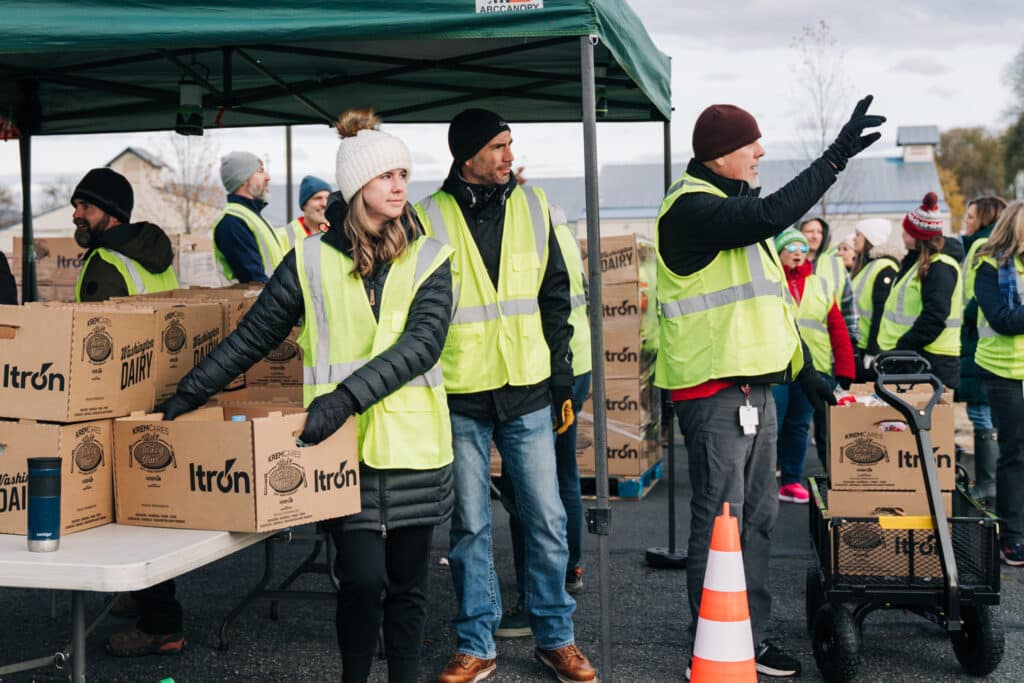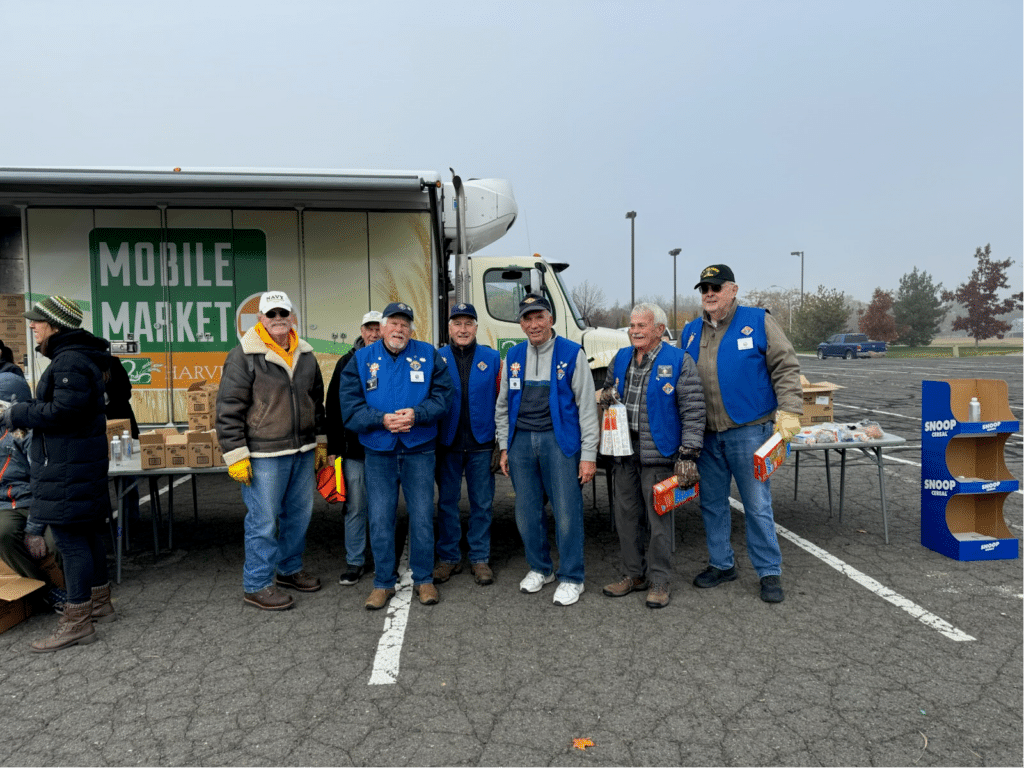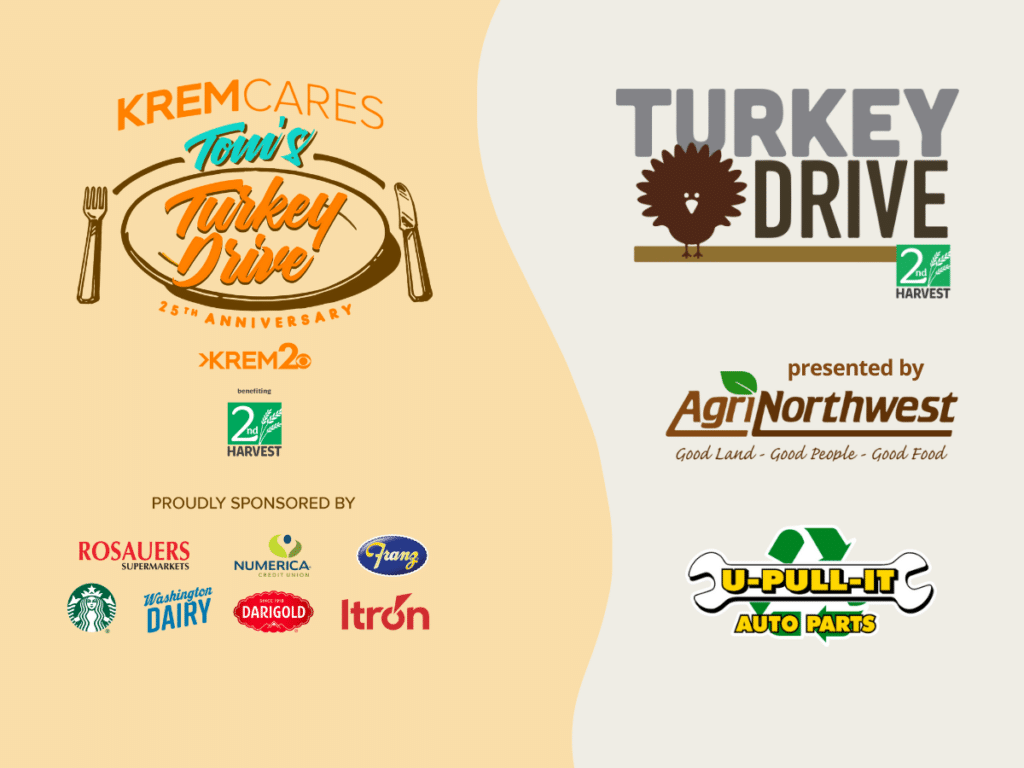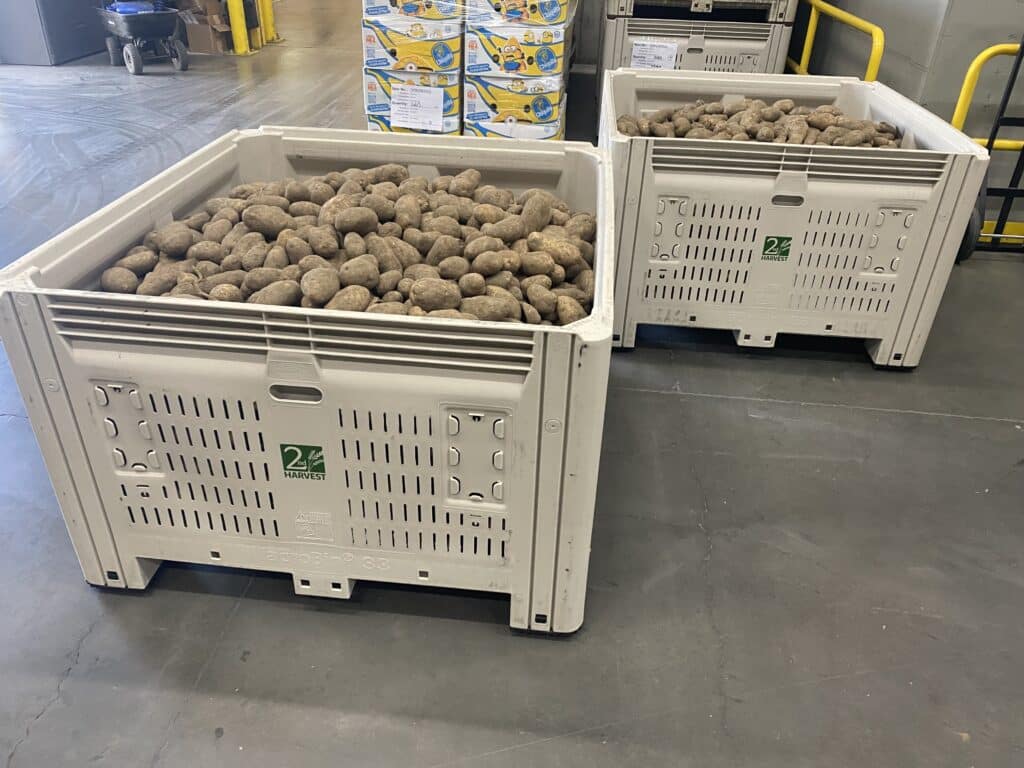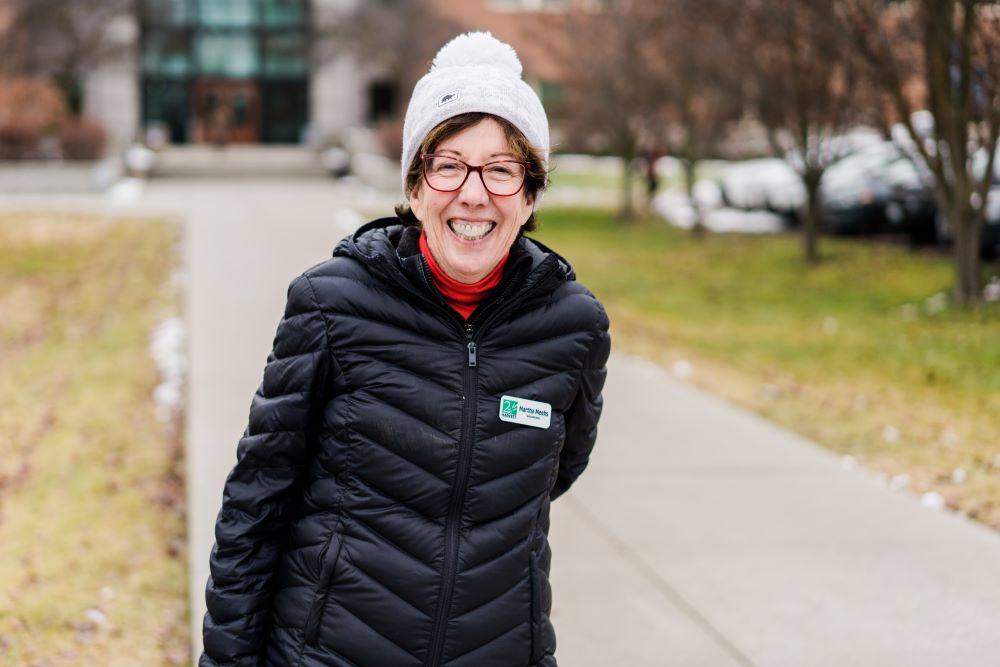I truly believe that in addition to being nourishing and life giving, food is also one of the greatest connectors. Food bonds people together. It shares a story in and of itself and then stories are shared, again, when bread is broken together. One of the leading “getting to know you” activities is going out to dinner. The gift of food is given to say, “I’m sorry for your loss” or “I love you” or “I want to celebrate you.” In fact, this is so common that there are long-standing American traditions for each message — funeral casseroles, heart-shaped boxes of chocolate, and birthday cakes. These messages might look different in other countries or cultures. In Victorian Britain there were funeral biscuits, in Wales they carve wooden spoons as Valentine’s Day gifts, and in China a bowl of “longevity noodles” celebrates a long life.
Across all cultures, recipes are passed down from generation to generation. This allows traditions to continue and contributes to regional differences in cooking. When you’re stressed and tired, you may crave a food from your childhood that connects you to that memory. Regional variation is also seen in immigration patterns. Like language, dress, and customs, traditional food is another important part of one’s identity that can be both preserved and shared. It’s also a comfort in trying times — a pozole or a curry might be someone else’s chicken noodle soup.
Culture is an important consideration when thinking about food access and nutrition education. A recent immigrant might be confused by American foods available at the food bank and might not know how to cook some common staple items. To learn more about preparing these foods, they may need recipes and lessons in their native languages. As Second Harvest strives to distribute a wide variety of food to accommodate varied cultural preferences, we also strive to further our nutrition education opportunities for a wider variety of cultures.
Through partnerships with community organizations, the team that drives 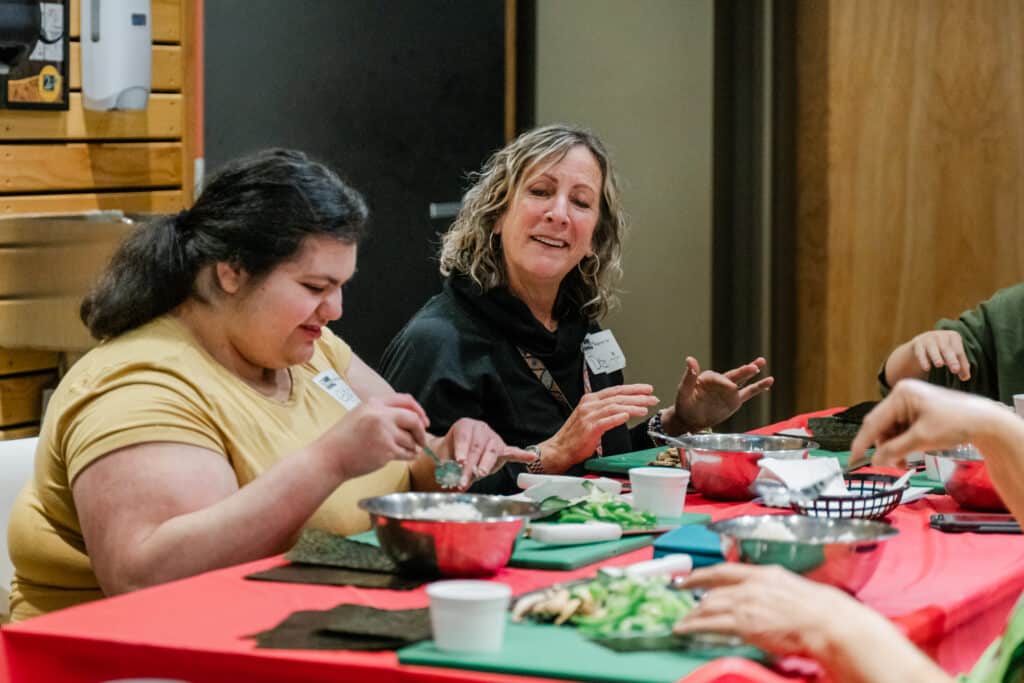
In The Kitchen, we believe in the power of nutrition but know that nourishment goes best hand in hand with community.
Discover cooking classes, volunteer opportunities and recipes at secondharvestkitchen.org.
